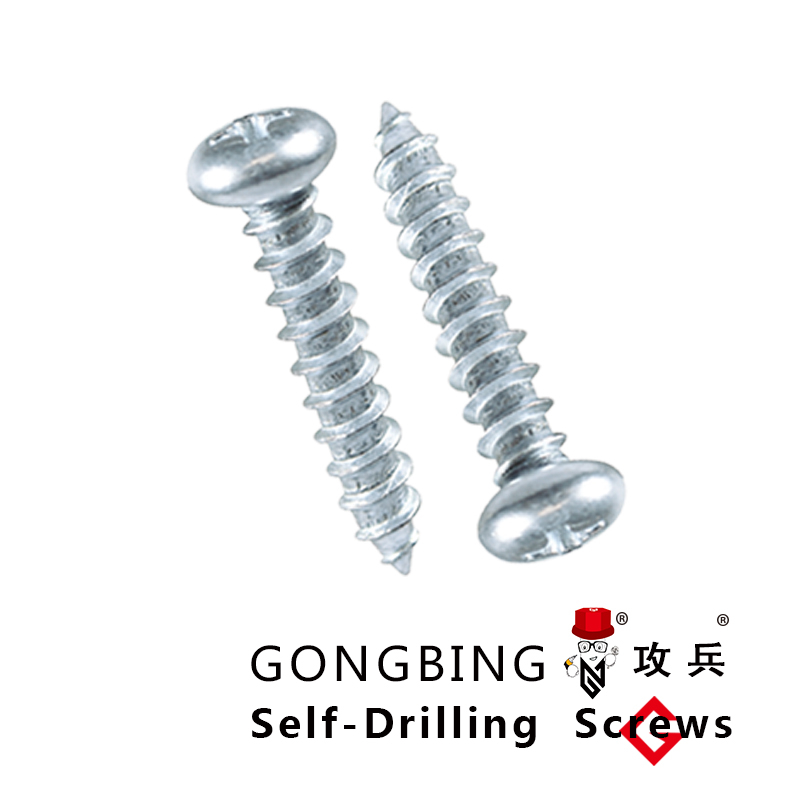Epoxy Resin Adhesives for Strong and Durable Anchor Bolt Applications
Epoxy Resin Anchor Bolts A Comprehensive Overview
In the world of construction and engineering, the choice of fasteners plays a crucial role in ensuring structural integrity and safety. Among various options available, epoxy resin anchor bolts have emerged as a popular choice due to their strength, versatility, and durability. This article delves into the details of epoxy resin anchor bolts, exploring their composition, advantages, applications, and installation process.
What are Epoxy Resin Anchor Bolts?
Epoxy resin anchor bolts are special fasteners embedded in concrete or masonry to provide secure anchorage for loads. The defining feature of these anchor bolts is the use of epoxy resin as the bond material that securely affixes the bolts into the substrate. Unlike conventional anchor bolts that rely heavily on mechanical interlock, epoxy anchors utilize the chemical bonding properties of the resin to create a solid connection.
Composition and Varieties
The primary components of epoxy resin anchor bolts include a steel bolt, a resin capsule, and a hardener. When mixed, the resin and hardener undergo a chemical reaction that leads to a strong, durable bond. There are two main types of epoxy resin anchor systems ‘two-component’ systems, which require mixing the resin and hardener, and ‘one-component’ systems, which are ready-to-use. The latter is often favored for their convenience and ease of application.
Advantages of Epoxy Resin Anchor Bolts
1. High Load Capacity One of the most significant advantages of epoxy resin anchor bolts is their ability to support high loads. The chemical bond formed between the resin and the substrate allows these anchors to resist considerable forces, making them suitable for heavy-duty applications.
2. Corrosion Resistance The epoxy resin provides excellent protection against various environmental factors, including moisture and chemical exposure, thereby minimizing the risk of corrosion. This makes epoxy resin anchor bolts ideal for outdoor or harsh environments.
3. Versatility These anchor bolts can be used in a variety of substrates, including concrete, brick, and masonry. They are also suitable for inclined or vertical applications, making them a versatile choice for diverse construction projects.
4. Non-expanding Unlike expansion bolts, epoxy anchors do not expand within the substrate material, reducing the risk of damage to the surrounding material. This makes them a great option for applications where substrate integrity is a concern.
5. Easy Installation The installation process for epoxy resin anchor bolts is relatively straightforward. The resin can be injected into the drilled hole using a caulking gun or dispensing tool, followed by inserting the bolt, making it user-friendly for construction workers.
epoxy resin anchor bolts

Applications
Epoxy resin anchor bolts are widely used across various sectors. In construction, they anchor structural components, support heavy machinery, and are used in concrete repairs. They are essential in the installation of guardrails, lighting fixtures, and HVAC systems. Moreover, they find applications in the automotive and aerospace industries, where strong, reliable fastening solutions are critical.
Installation Process
The installation of epoxy resin anchor bolts involves several key steps
1. Site Preparation Ensure the area is clean and free of debris to promote effective bonding.
2. Drilling Use the appropriate drill bit to create a hole in the concrete or masonry, ensuring the diameter and depth match the specifications of the anchor bolt.
3. Cleaning Clean the hole using air or a brush to remove dust and particles, which can hinder adhesion.
4. Injecting Epoxy Use a caulking gun to inject the epoxy resin into the drilled hole, filling it appropriately.
5. Inserting the Bolt Insert the anchor bolt into the resin-filled hole and ensure it is positioned properly.
6. Curing Allow the epoxy to cure as per the manufacturer's guidelines before applying any loads to the bolt.
Conclusion
Epoxy resin anchor bolts represent a reliable and robust solution for anchoring in construction and engineering. Their unique characteristics, including high load capacity, corrosion resistance, and ease of installation, make them an excellent choice for both general and specialized applications. As industries continue to evolve, the demand for effective fastening solutions like epoxy resin anchor bolts is only set to increase, paving the way for advancements in construction technology.
-
Weatherproof Plastic Expansion Anchors for OutdoorNewsJun.06,2025
-
Sustainability in the Supply Chain: Eco-Friendly TEK Screws ProductionNewsJun.06,2025
-
Load-Bearing Capacity of External Insulation FixingsNewsJun.06,2025
-
Double Head Bolts: Enhancing Efficiency in Industrial MachineryNewsJun.06,2025
-
Corrosion Resistance in Chipboard Screws: Coatings for Wholesale DurabilityNewsJun.06,2025
-
Butterfly Toggle Bolts : Enhancing Structural ResilienceNewsJun.06,2025
